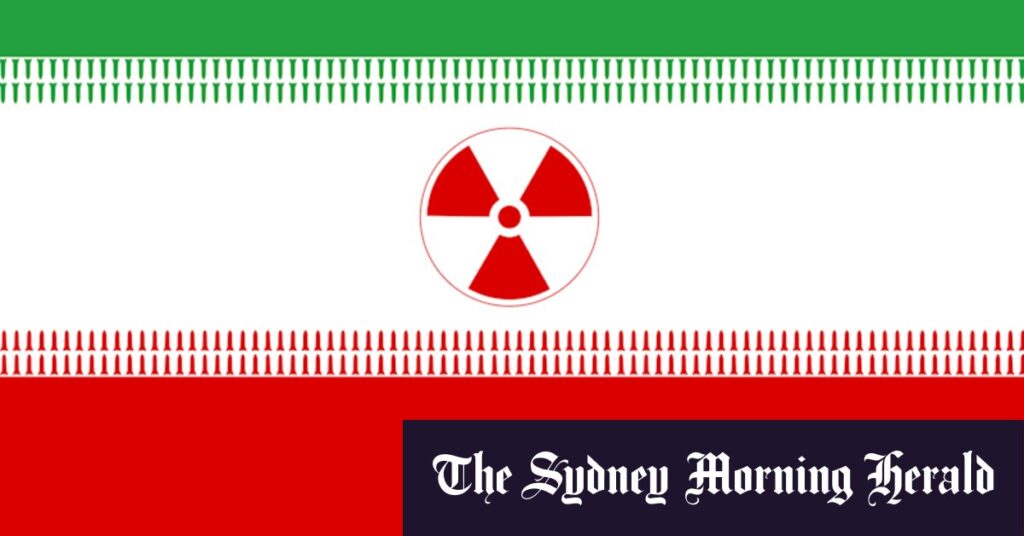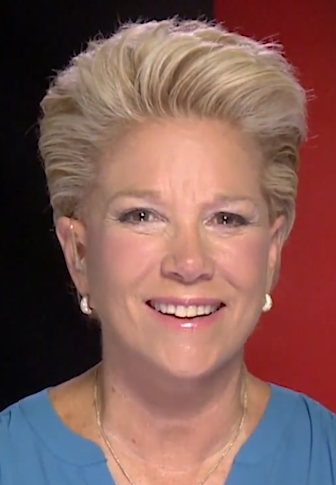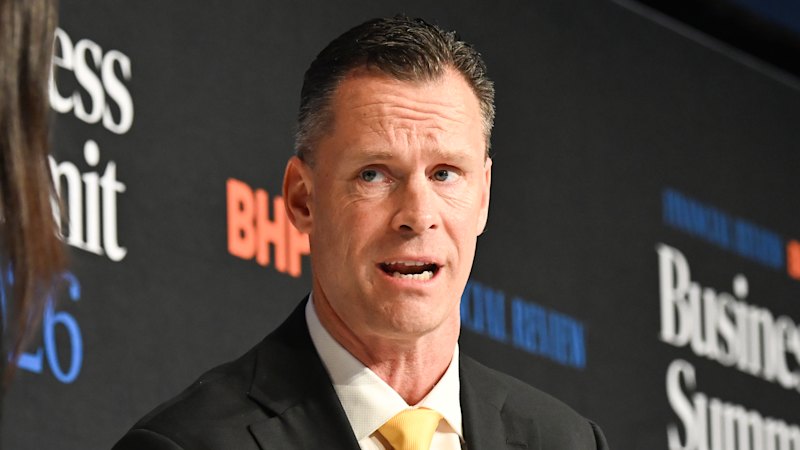
As global tensions rise over nuclear capabilities, a glaring discrepancy in international responses has come under scrutiny. While Israel’s nuclear arsenal remains largely unchallenged by Western powers, any hint of nuclear ambition by Iran is met with severe condemnation. This perceived double standard is stirring debate among experts and the public alike.
The issue was highlighted by Amin Saikal, who criticized the West’s acceptance of Israel’s nuclear weapons while vehemently opposing similar capabilities in Iran. This sentiment is echoed by many who question why countries like North Korea, India, and Pakistan faced less severe backlash when they developed nuclear arms.
The Double Standard in Nuclear Policy
The contrasting responses to nuclear development in the Middle East underscore a broader geopolitical strategy that many see as hypocritical. Israel, reportedly possessing 91 nuclear weapons, has not faced the same international pressure or sanctions as Iran, which is accused of pursuing nuclear capabilities without concrete evidence, according to UN advisers.
Adrian Connelly from Springwood points out the inconsistency, noting that the mere possibility of Iran developing nuclear weapons has led to aggressive posturing by the US and Israel. Meanwhile, Philip Dowle from Wickham highlights the historical context, recalling the unfounded claims of weapons of mass destruction in Iraq that led to war.
Historical Context and Current Implications
Israel’s nuclear program, shrouded in secrecy, has long been a point of contention. Unlike Iran, Israel has not signed the Treaty on the Non-Proliferation of Nuclear Weapons (NPT), which aims to prevent the spread of nuclear weapons. This has allowed Israel to maintain its nuclear arsenal without the same level of international oversight.
Norman Broomhall from Port Macquarie contrasts Iran’s historical military restraint with the narrative of aggression used to justify potential military action against it. This narrative fuels fears of a broader conflict in the region, with some warning of a potential third world war.
Humanitarian Crisis in Gaza
While the nuclear debate rages on, the humanitarian situation in Gaza remains dire. Over 400 Palestinians have been killed since aid deliveries resumed in late May, with many deaths occurring during aid distribution. Robyn Thomas from Wahroonga describes the situation as genocidal, accusing Israel of using starvation as a weapon against Palestinians.
The Israeli government’s denial of a starvation crisis in Gaza, as stated by Deputy Foreign Minister Sharren Haskel, has been met with disbelief. Alynn Pratt from Grenfell and Kerrie Wehbe from Blacktown criticize the government’s dismissal of the humanitarian crisis as “alternative facts.”
Power Imbalance and International Response
The stark contrast between the lives of Israelis and Palestinians is captured in recent photographs showing well-fed Israelis fleeing beaches during missile alerts, while Palestinians struggle for survival amid the rubble. Peter Cooper-Southam from Frenchs Forest argues that this power imbalance is the most pressing issue in the region, overshadowing the nuclear debate.
Neil Bradford from Potts Point and Susan Young from Kirribilli highlight the irony of Israelis’ beachside disruptions compared to Palestinians’ life-and-death struggles for food. The images serve as a powerful reminder of the ongoing humanitarian crisis.
Global Leadership and Geopolitical Tensions
Amid these regional tensions, global leadership is under scrutiny. The recent G7 summit saw former US President Donald Trump criticized for his abrupt departure, which many attribute to a cold reception from other world leaders. Graham Lum from North Rocks suggests that Trump’s behavior highlights a broader issue of unstable leadership in critical geopolitical roles.
Bill Johnstone from Blackheath draws parallels between Trump’s indecisiveness on Iran and historical blunders, warning of the dangers posed by such leadership. The world remains on edge as leaders navigate these complex issues, with potential consequences for global stability.
As the debate over nuclear capabilities and humanitarian crises continues, the international community faces a critical juncture. The decisions made in the coming months could have far-reaching implications for peace and security in the Middle East and beyond.





